With teacher strikes looming all around us, are you able to find something great? As an adult, I am always learning. Here is my experience in a recent adventure. I hope it encourages you in your learning. Life is an adventure. I feel that I am at the peak of my career, and I want to make a significant contribution to society. So, off to New Zealand, we go to see the country the way the tourists do, travelling in a camper van. It is a fantastic experience that allows us to see this spectacular country and experience many highlights…
Read MoreSpectrum Education has been hosting a Teachers Matter conference two-three times per year (throughout Australasia) since 2006, attended by 10,000+ teachers. These are jam-packed with a professional focus of making teaching more effective in the classroom with practical learning strategies and teaching resources, plus a personal focus of teacher wellbeing and welfare.
Read More“He won’t let me play soccer at recess.” “She said she won’t be my friend.” “That’s not fair!” “He is always on the computer. It is my turn!” It seems every day after a recess break, students want me to solve their squabbles. Children have a good sense of fairness and equity. Why can’t they solve their own problems? As a teacher, I have asked students to “sort it out” between them before entering class. Later I realized children are not born with the ability to figure out these higher-order emotional skills on their own, just like they are not born with manners. They need pro-active, explicit instruction.
Read MoreDo you ever remember how you felt but not exactly what was said? When my son was in elementary school, I was shocked at what came out of his mouth. We don’t speak like that at home and it was so forceful, with the precise attitude and tone appropriate to the situation. I felt triggered at first. Now I don’t remember what he said but I surely remember how it was delivered and the effect it had on me. Here is a blog post that will support you to empower students who are triggered.
Read MoreHow do we prepare our students for the 21st century? This is a question that educators have asked for years. Teaching content no longer sets our students up for success. Many of the jobs our graduates can get now will no longer exist in a number of years. Of course, teaching the basics is important and we must teach the basics in the context of developing innovative minds.
Read MoreHaving just returned from an exhilarating international conference, 2019 SEL Exchange, I am excited to share. “Defining Quality in the Context of Innovation” was the focus of the conference hosted by the Collaborative for Academic, Social, and Emotional Learning (CASEL), the best place to get resources and information about Social and Emotional Learning (SEL).
Read MoreCan your students communicate their ideas clearly and succinctly after raising their hands? When students have the opportunity to defend their point of view or articulate their ideas more fully, I often become aware of their inability to communicate. Even with ample “wait time,” they stammer, can’t find the words or don’t express their ideas in full. The listener is left guessing at the meaning and several exchanges are needed to clarify rather simple thoughts.
Read MoreTeachers and principals see first-hand the impact of violence that shows up in children as emotional dysregulation. I hesitate to use the term “mental health problems” as only a professional licensed in mental health has the training and authority to make a diagnosis of a mental health problem. What we educators see are behaviours that are not conducive to learning and norms of behaviour at school – so I prefer to use the word “dysregulated”.
Read More

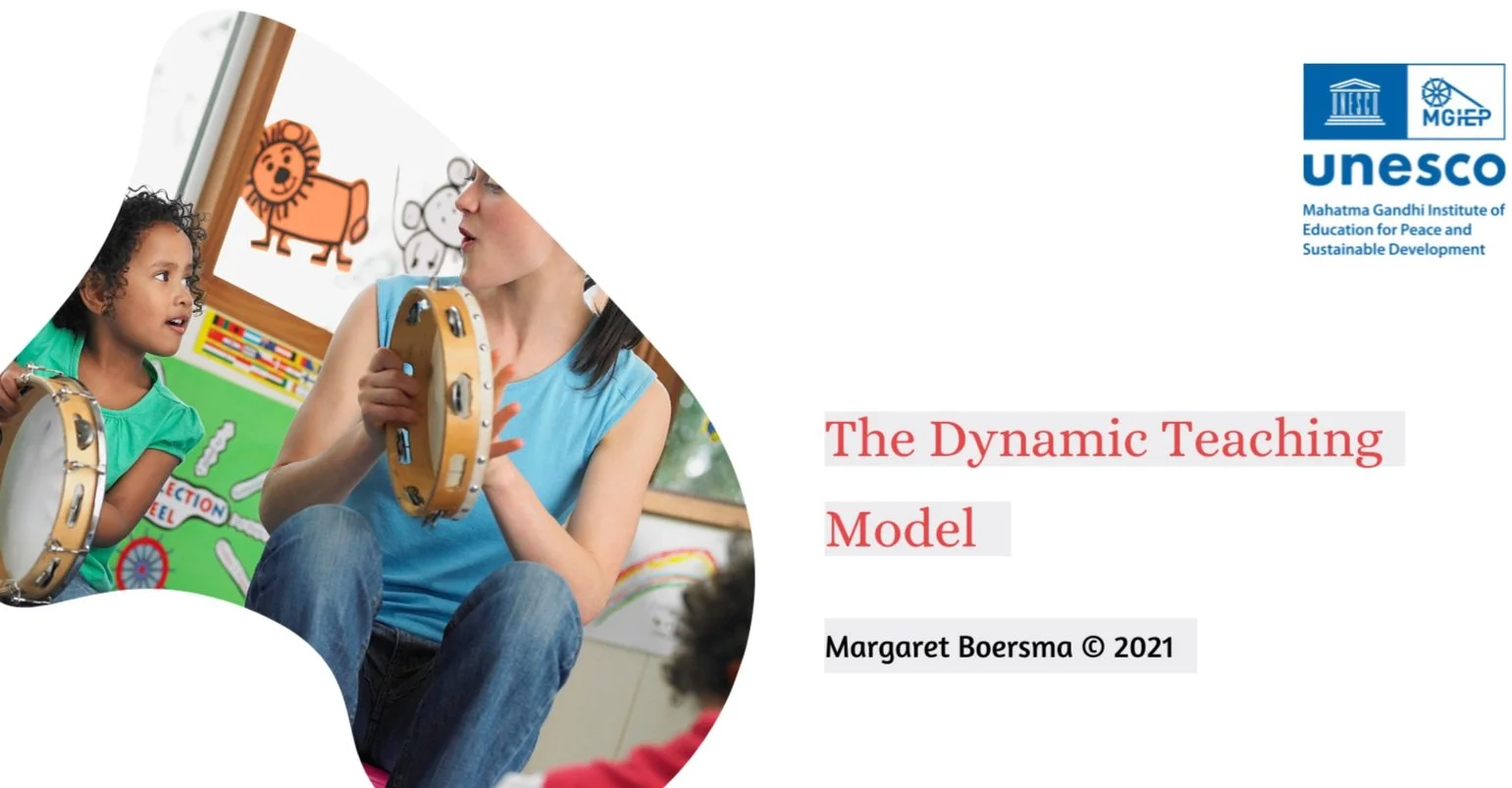
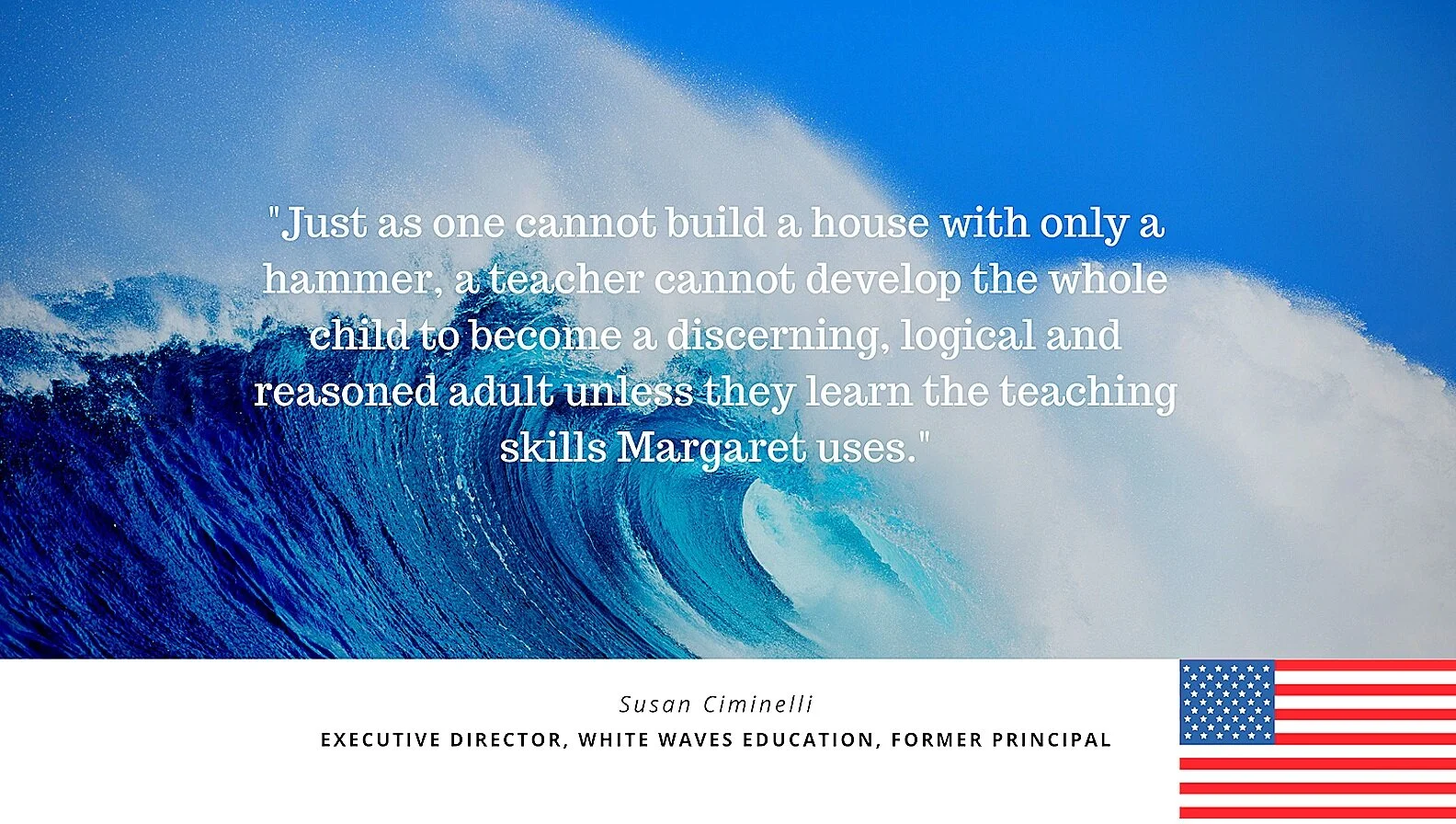


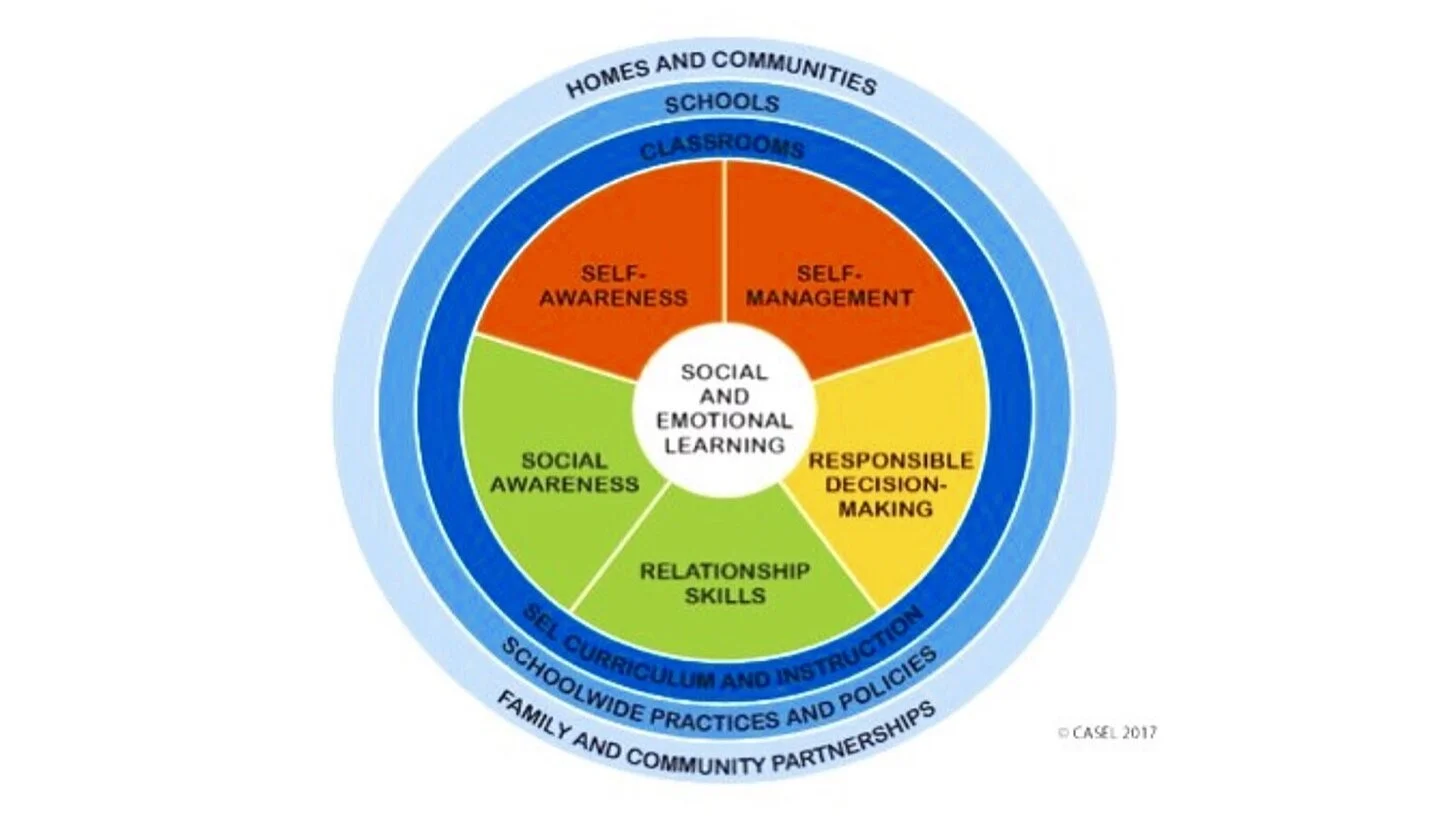








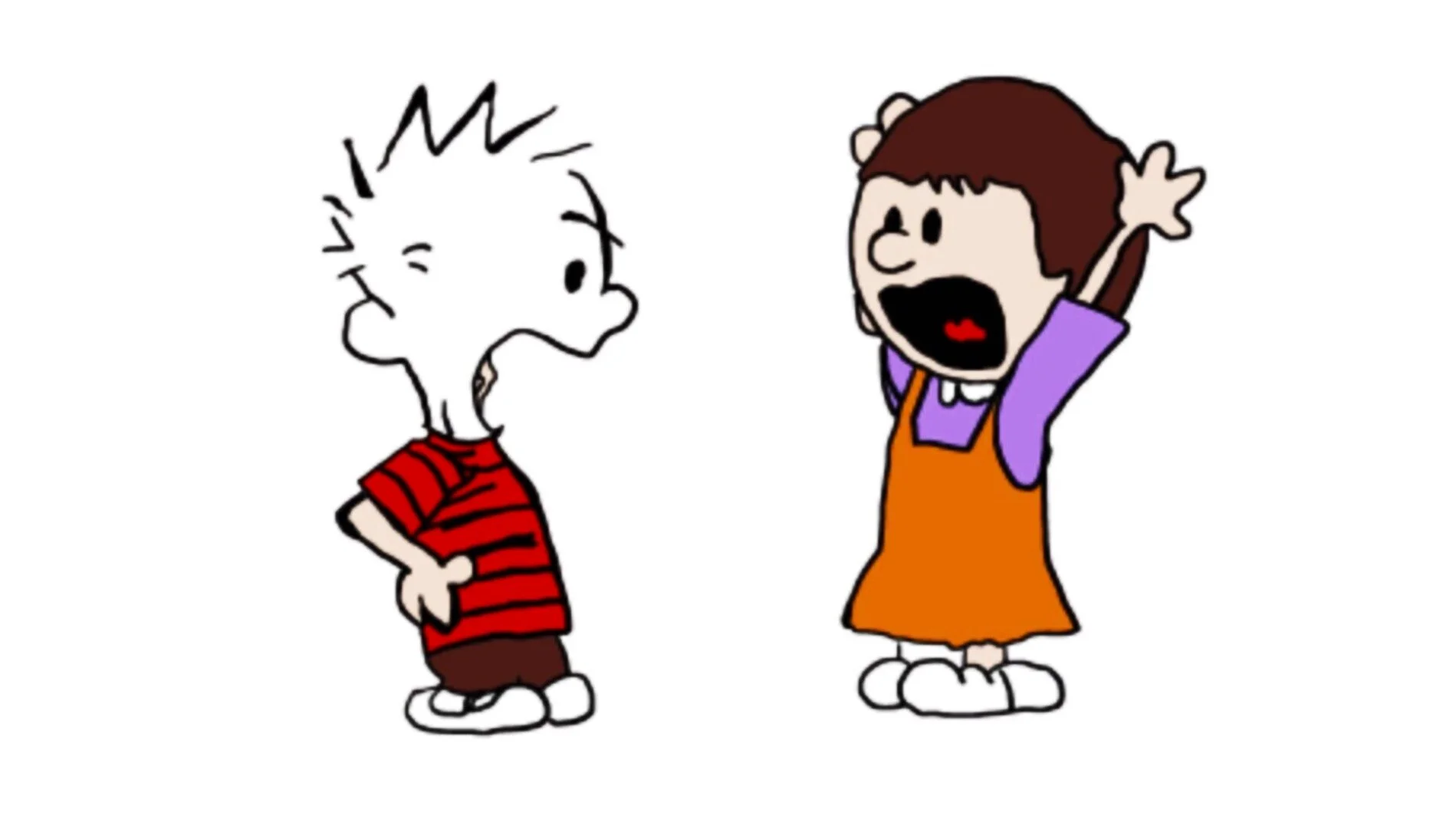


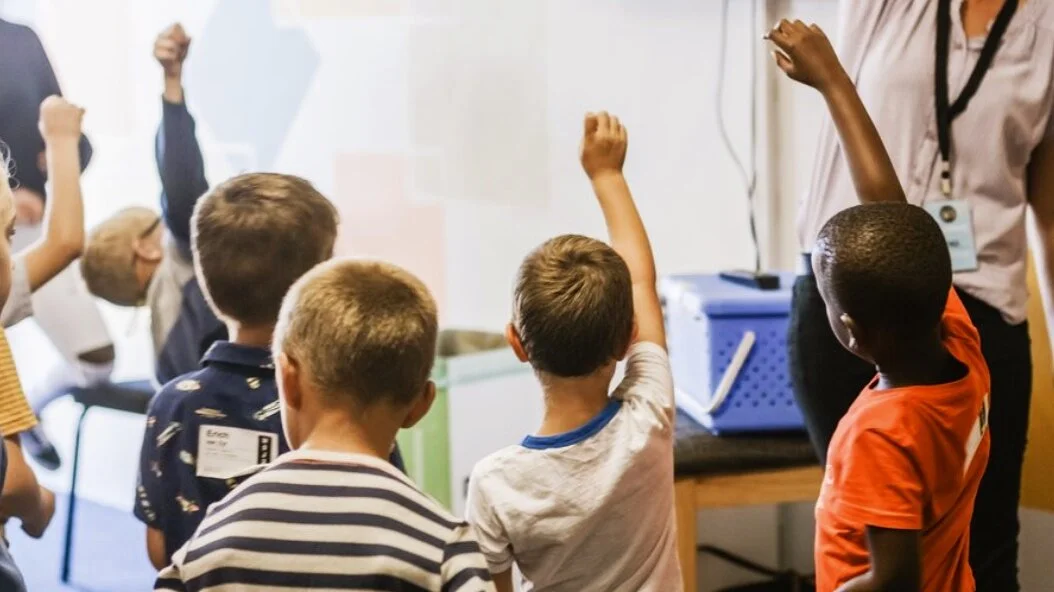
Analogical Problem-Solving ™ is what I call teaching by living inside a story such as the Us and Them unit. Students have agency/voice to make decisions inside their class story, an analogy of life. As teachers, we carefully follow their suggestions and integrate lessons as we plan strategies that allow them to discover their learning. Students learn real-life lessons without real-life consequences. They realize at a profound level that we have so much in common. We are all connected. Ultimately the students decide war is not worth the enormous human cost. And they internalize that we are all part of the human race.